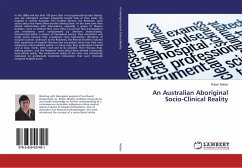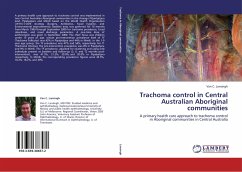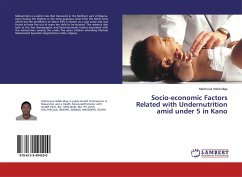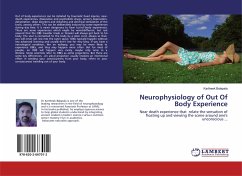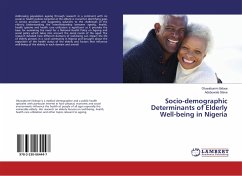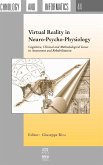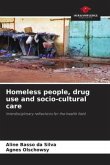In the 1980s and less than 100 years after a local genocidal contact history, very sick Aboriginal survivors frequently sought help at their small, city hospital in remote Australia. The hospital doctors, the Residents, were astute about the heavy illness burden among them. At the same time their clinical relationships with help-seekers, especially a group of Reserve Dwellers, were so difficult they were often concerned that investigations and treatments were compromised by deficient history-taking. Enculturated within a culture of biomedical science, their discomfort was made worse because they considered many help-seekers disruptive of hospital routines. Unknown to the Residents, the Reserve Dwellers included their experience of hospital clinicians and out-patient clinics into their own indigenous ethno-medical system. In many ways they understood hospital care as basic, harsh, often cruel and to be avoided. Their lifeways, help-seeking pattern, and the Residents' views about them formed a particular socio-clinical reality. This sociocultural reality of the clinic was consistently replicated by problematic bioclinical interactions that were internally accepted hospital praxis.
Bitte wählen Sie Ihr Anliegen aus.
Rechnungen
Retourenschein anfordern
Bestellstatus
Storno

